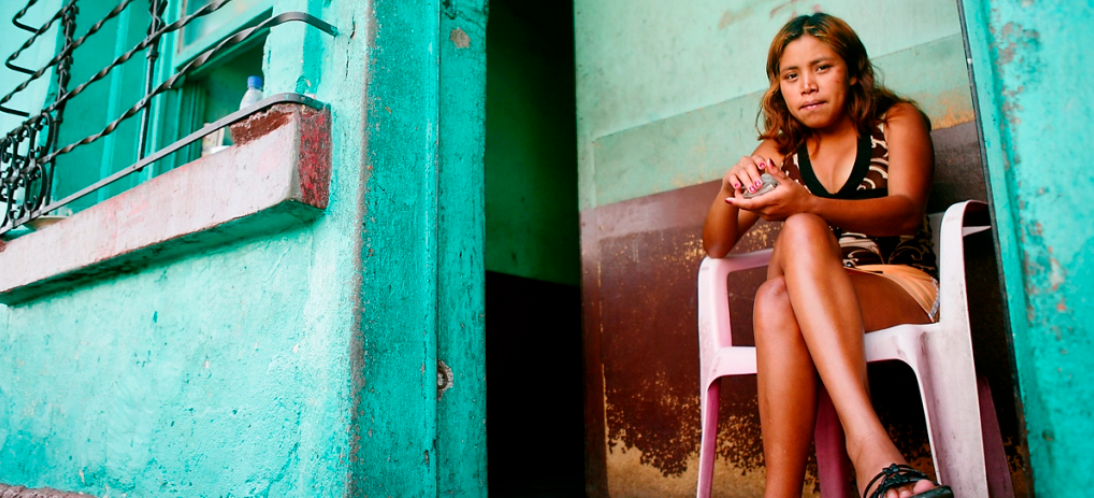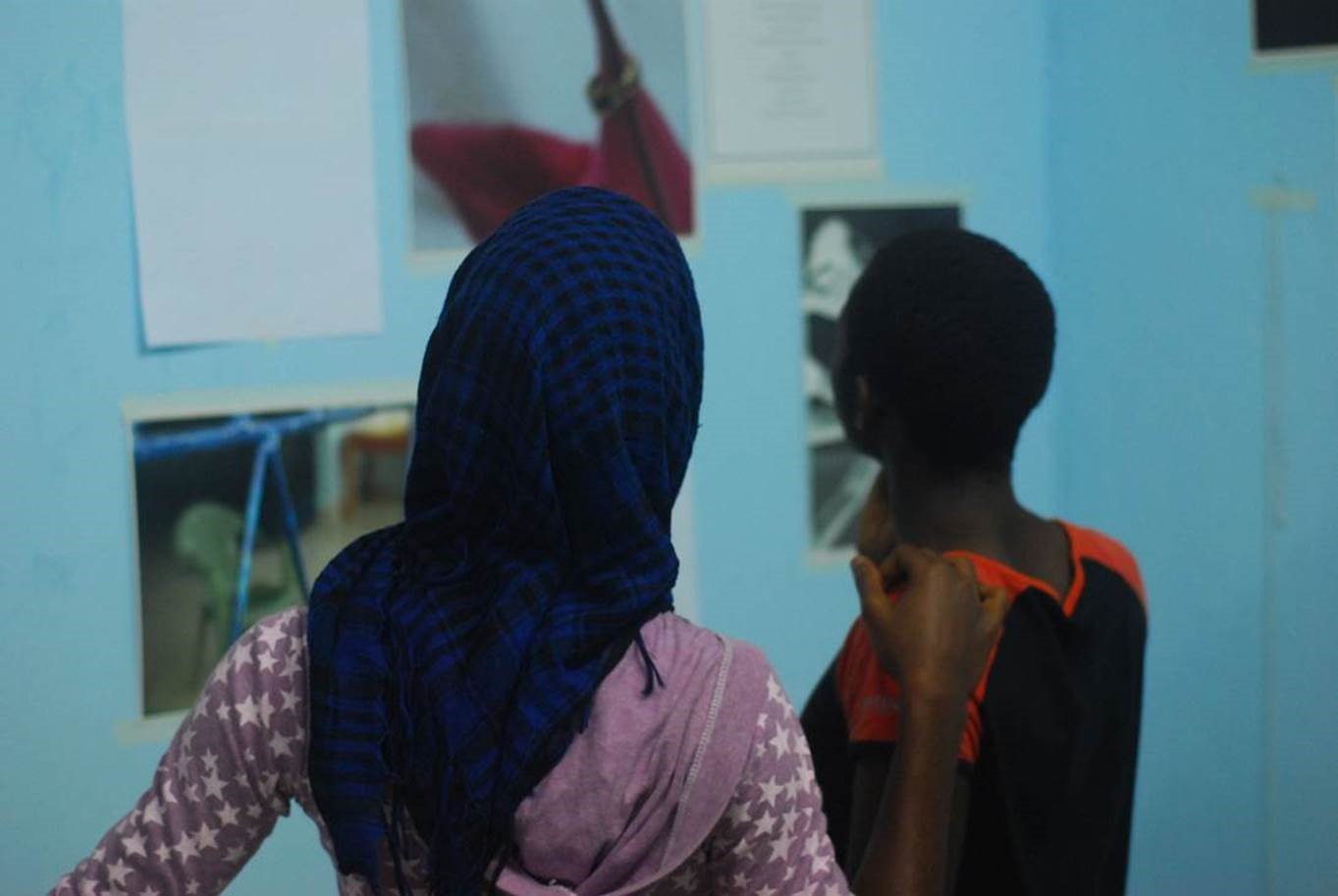The urgent need for violence response systems within HIV programming

Let’s acknowledge that gender-based violence also affects transgender people and other key populations
Key Population Hero: I support TRANS rights, do you?
Key Population Hero: Human rights for drug users in Nepal
Trans lives matter: Advocating for the rights of young trans women in Kenya
Hand in Hand: Working with Key Populations to Fix a Leaky HIV Cascade
Launch of “HIV epidemics among transgender populations: the importance of a trans-inclusive response.” A JIAS Supplement guest edited by Tonia Poteat, JoAnne Keatley, Rose Wilcher, and Chloe Schwenke.
Does Gender Integration Matter in Programming for Key Populations?

